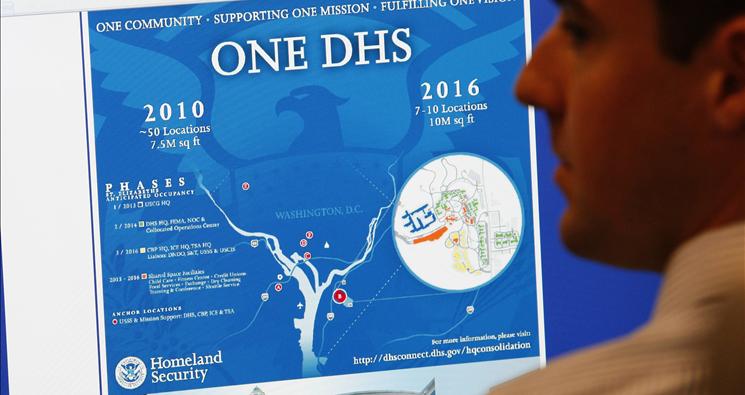@FederalGovernment is Not Following You on Twitter
People who live within the confines of an oppressive government system tend to grow angry. This is not a new concept, but online tools are proving that it is now one that cannot be silenced. Social media has proven to be a powerful method of communication. We can now feel personally connected to a struggle that may have otherwise felt distant and alien.
The uprisings in North Africa and the Middle East provoked messages from people on YouTube, Twitter and Facebook. Because of these online tools the world was able to hear the collective voice of those crying out for freedom. We now hear about the rising power of social media all the time. The term “new media” is used constantly. So much in fact that it seems to beg the question of when we can stop calling it “new.”
But recent statements from Undersecretary Caryn Wagner to the Associated Press imply that new media is apparently still very “new” to Department of Homeland Security. Wagner said, "We're still trying to figure out how you use things like Twitter as a source." "How do you establish trends and how do you then capture that in an intelligence product?"
Although DHS has an official Twitter account (@DHSgov) as well as a separate “National Terrorism Advisory System” account (@NTASAlerts - no tweets from this one yet), has the Department taken a look at “Trends”? A user can choose to see “Trends” internationally, nationally, and locally. There’s no need to “establish trends” when Twitter does it for you.
Wagner then went on to say that the Department of Homeland Security, established after the 9/11 attacks, is not actively monitoring any social networks. While the CIA, which is not permitted to collect intelligence on “the domestic activities of US citizens,” follows international social media, it is troubling, to say the least, that DHS does not.
While constitutionally protected privacy rights are critical to the foundation of our country, there’s no privacy issue when it comes to the government monitoring a suspicious user-created public Twitter account or public Facebook page.
In the United States, we have a healthy, never-ending discourse about the balance of protecting freedom and providing security. As we heard often in the days following the 9/11 attacks, the Constitution is not “a suicide pact.” Monitoring public social media accounts is no constitutional crisis, but instead, a matter of basic competency.
